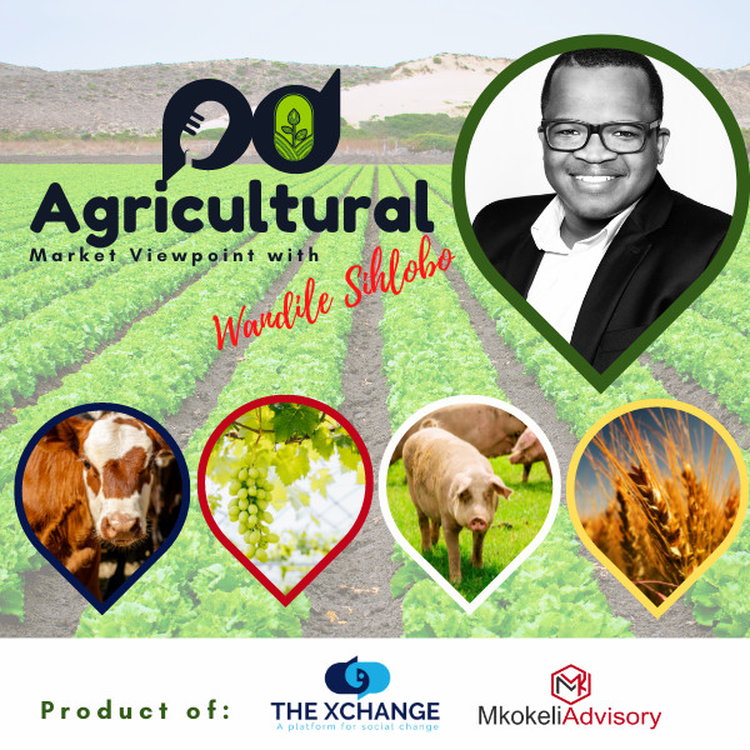
Agricultural input prices elevated
Loading player...
While some farmers in the grains and oilseeds industry benefited from the unusually long period of large yields and higher prices, higher input costs since the start of 2020 have limited the benefits.
For farmers in the horticulture industry, where commodity prices did not increase as much as in grains, the higher input costs were an even heavier burden. These price increases were mainly in agrochemicals (herbicides, fungicides, insecticides), fertilizers and fuel.
Various factors caused the price increases, but the main ones were the disruptions in industrial production when the covid-19 pandemic started, protracted supply chain bottlenecks, higher shipping costs, China's decision to limit fertilizer exports, and more recently, the Russia-Ukraine war. In the months after the war started, prices of some products increased to record highs.
Fortunately, prices have come off in recent months from those highs. For example, at the beginning of September, the global fertilizer price index is down by 18% compared with April 2022 highs. Despite the recent moderation, current price levels are about 60% higher than a year ago. The market is still far from adjusting to levels before covid-19 and the Russia-Ukraine war. Similarly, Brent crude prices have come off the recent highs, averaging US$93 per barrel in the first half of this month. Still, these levels are 31% higher than a year ago. We see similar price dynamics in the agrochemicals, which have softened over the past few months, but are roughly 20% more than a year ago.
These price dynamics matter, especially as South Africa approaches its summer crop season, which starts in October. This includes the horticulture industry, which will also be busy in the fields in the summer season. With that said, the grains and oilseeds industry is arguably still in a relatively better position compared with other subsectors of agriculture, which have been confronted by various other challenges these past few months which weighed on profitability for some.
In this week’s segment of the podcast, agricultural economist Wandile Sihlobo provides insight on how the agricultural sector is coping with the rising input costs.
Credit:
Production by Lwandiso Gwarubana, Richard Humphries and Sam Mkokeli.
For farmers in the horticulture industry, where commodity prices did not increase as much as in grains, the higher input costs were an even heavier burden. These price increases were mainly in agrochemicals (herbicides, fungicides, insecticides), fertilizers and fuel.
Various factors caused the price increases, but the main ones were the disruptions in industrial production when the covid-19 pandemic started, protracted supply chain bottlenecks, higher shipping costs, China's decision to limit fertilizer exports, and more recently, the Russia-Ukraine war. In the months after the war started, prices of some products increased to record highs.
Fortunately, prices have come off in recent months from those highs. For example, at the beginning of September, the global fertilizer price index is down by 18% compared with April 2022 highs. Despite the recent moderation, current price levels are about 60% higher than a year ago. The market is still far from adjusting to levels before covid-19 and the Russia-Ukraine war. Similarly, Brent crude prices have come off the recent highs, averaging US$93 per barrel in the first half of this month. Still, these levels are 31% higher than a year ago. We see similar price dynamics in the agrochemicals, which have softened over the past few months, but are roughly 20% more than a year ago.
These price dynamics matter, especially as South Africa approaches its summer crop season, which starts in October. This includes the horticulture industry, which will also be busy in the fields in the summer season. With that said, the grains and oilseeds industry is arguably still in a relatively better position compared with other subsectors of agriculture, which have been confronted by various other challenges these past few months which weighed on profitability for some.
In this week’s segment of the podcast, agricultural economist Wandile Sihlobo provides insight on how the agricultural sector is coping with the rising input costs.
Credit:
Production by Lwandiso Gwarubana, Richard Humphries and Sam Mkokeli.

